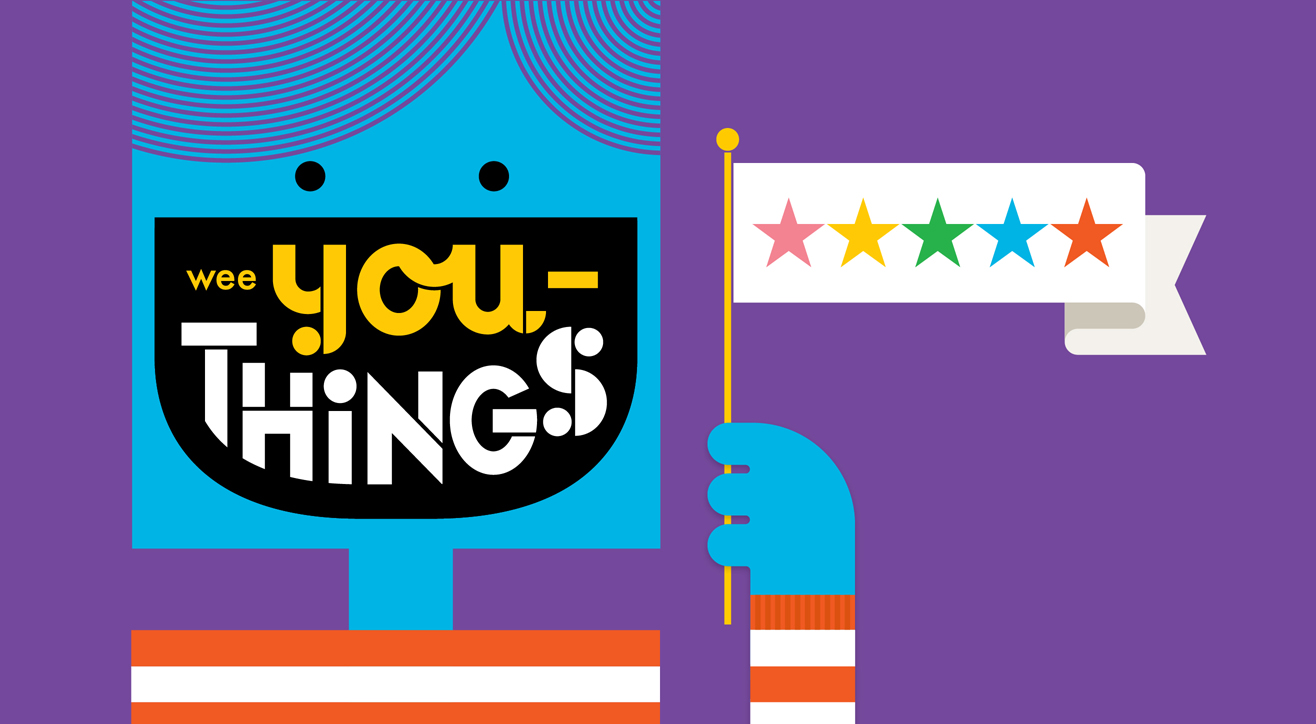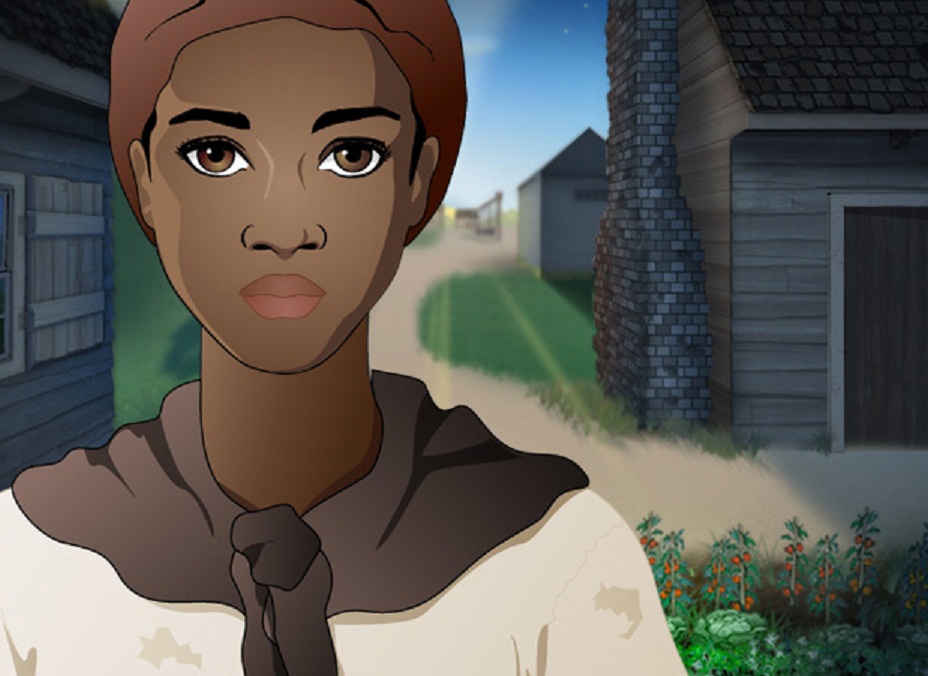
Kids who are in tune with others' emotions are off to a great start. They earn the trust of their peers. They can help mediate when tempers flare. They might even use their perspective-taking skills one day to become organization or world leaders. These apps, games and websites will help you on your way to raising an empathetic kid.
 1. Who Am I?
1. Who Am I?
Who Am I? Race Awareness Game helps kids think about different ways people self-identify race and cultural identity, and gives adults tips for talking about diversity with kids. The two-person game promotes social interaction, and extension questions prompt discussion between kids and parents or teachers.
2. Cool School: Where Peace Rules
Cool School teaches empathy in a way that's sure to be more effective than the occasional adult lecture that can either confuse kids or make them feel singled out. In this game, kids learn conflict-resolution skills by watching animations of realistic situations and seeing the effects of both good and bad choices.

3. Wee You Things
The story in this interactive rhyming book, in which kids meet a variety of unique characters, is short but powerful. It could work beautifully at the beginning of the school year to help kids get to know and appreciate one another and share more about themselves in a positive environment.
4. Middle School Confidential
Through a discussion-rich narrative and some action, this graphic novel app helps kids learn to identify emotions, reflect on personal strengths and weaknesses, respect peer viewpoints, build friendships, persevere through difficulties and put their troubles in perspective.
5. Mission US: Cheyenne
First-person accounts are a great way to engage kids in history, as this adventure game demonstrates. In addition to gaining historical information about Native Americans in the late 1800s, kids are challenged to use that information to think critically and make wise choices.
6. Re-Mission 2
Re-Mission 2 is a suite of six games produced by the nonprofit HopeLab with two goals in mind: to help young cancer patients cope with the stress of treatment and to help all kids learn more about the medical science related to the disease in several of its forms.
7. Spent
Spent, a text-based choose-your-own-adventure game, offers a compelling introduction to an important social issue. Players assume the life of someone living on the poverty line and must make choices — such as whether to buy food or medication — based on their income and on the events that occur.
8. Darfur Is Dying
Darfur is Dying is a web-based simulation that puts students in the shoes of ordinary non-Arab citizens of western Sudan in the midst of the ongoing conflict that began in 2003. Be prepared to discuss with students very difficult topics, including kidnapping, genocide and rape.
9. Papers, Please
The plot of this video simulation game unfolds around developing political events, terrorist activities (including attacks), an anti-government radical group and mini-stories involving potential immigrants or visitors. Players encounter many ethical problems with no good-for-everyone solutions.

10. Mission US: Flight to Freedom
Want to make the study of slavery come alive for your students? Check out Mission US: Flight to Freedom, a game that combines linear storytelling with a choose-your-own-adventure feel as students go back in time to 1848 and step into the shoes of a 14-year-old slave searching for freedom.
11. The Time Tribe
In this point-and-click adventure game, players interact with characters who are facing real-world problems like hunger and poverty. Although the game spans different time periods, mostly in the past, the stark depictions of children in terrible conditions are sure to strike a nerve.
12. Avokiddo Emotions
Kids can learn about identifying emotions through facial expressions and reaction to stimuli in this creative play app. They're encouraged to use their imaginations to make new creative scenes by using props to dress up and interact with animal characters.
13. 3rd World Farmer
Players in this simulation game learn not only about the costs of doing business, but also about the risks of doing business, in a developing country where simple errands can cost family members their lives. Although almost entirely text-based, the game doesn't sugarcoat death, disease and some unsettling violence.
Originally published by Common Sense Media, written by Ellen Holderman











